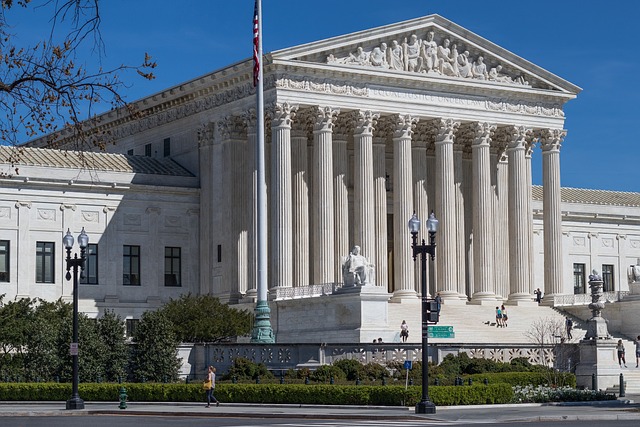In a groundbreaking legal decision, the Supreme Court has recently sided with taxpayers in their ongoing battle against penalties for Foreign Bank and Financial Accounts (FBAR). This momentous ruling marks a major victory for taxpayers who have been grappling with the fear of exorbitant fines for failing to report foreign bank accounts.
For US taxpayers with foreign bank accounts, the looming threat of FBAR penalties has been a source of considerable worry. Neglecting to disclose foreign bank accounts valued at $10,000 or more can result in severe consequences, including the potential forfeiture of up to 50% of the account balance per year. Nonetheless, the recent landmark ruling in favor of taxpayers in the Supreme Court’s verdict on FBAR penalties has brought about a significant triumph for those affected.
Current Consequences of Failing to Report Foreign Bank Accounts
Under the FBAR law, US taxpayers are obligated to disclose any foreign bank accounts with a combined value of $10,000 or higher. The repercussions for failing to report these accounts can be severe, potentially leading to the forfeiture of up to 50% of the account balance per year.
Supreme Court’s New Ruling
In a recent case, the Supreme Court has provided relief to taxpayers by ruling that the government cannot enforce FBAR penalties as a standardized punishment. Rather, the penalties must correspond with the degree of the violation. This verdict marks a crucial advancement for taxpayers who may have been subjected to exorbitant FBAR penalties, as it could potentially lower the number of penalties imposed.
Importance of Accurately Reporting Foreign Bank Accounts
For US taxpayers with foreign bank accounts, reporting them accurately and on time is crucial to avoid substantial penalties and other potential legal repercussions.
The recent Supreme Court ruling on FBAR penalties represents a significant milestone for US taxpayers. By establishing that penalties must align with the degree of the violation, the court has provided increased transparency and safeguarded taxpayers from excessive fines for not disclosing foreign bank accounts. It underscores the significance of seeking professional tax counsel to guide through the complexities of US tax laws and ensure adherence to all applicable regulations.
The ruling serves as a reminder of the crucial role of a skilled tax professional who can navigate the intricate nuances of US tax laws and advocate for the optimal outcome. Seeking expert tax advice can provide peace of mind for taxpayers, ensuring they are compliant with all applicable regulations.
If you would like to learn more about the FBAR filing requirements or have any queries, please contact us, and one of our customer service representatives will be glad to assist you.
For those requiring tailored advice on their specific tax situation, you can also click the link below to schedule a consultation with one of our expat tax specialists.

